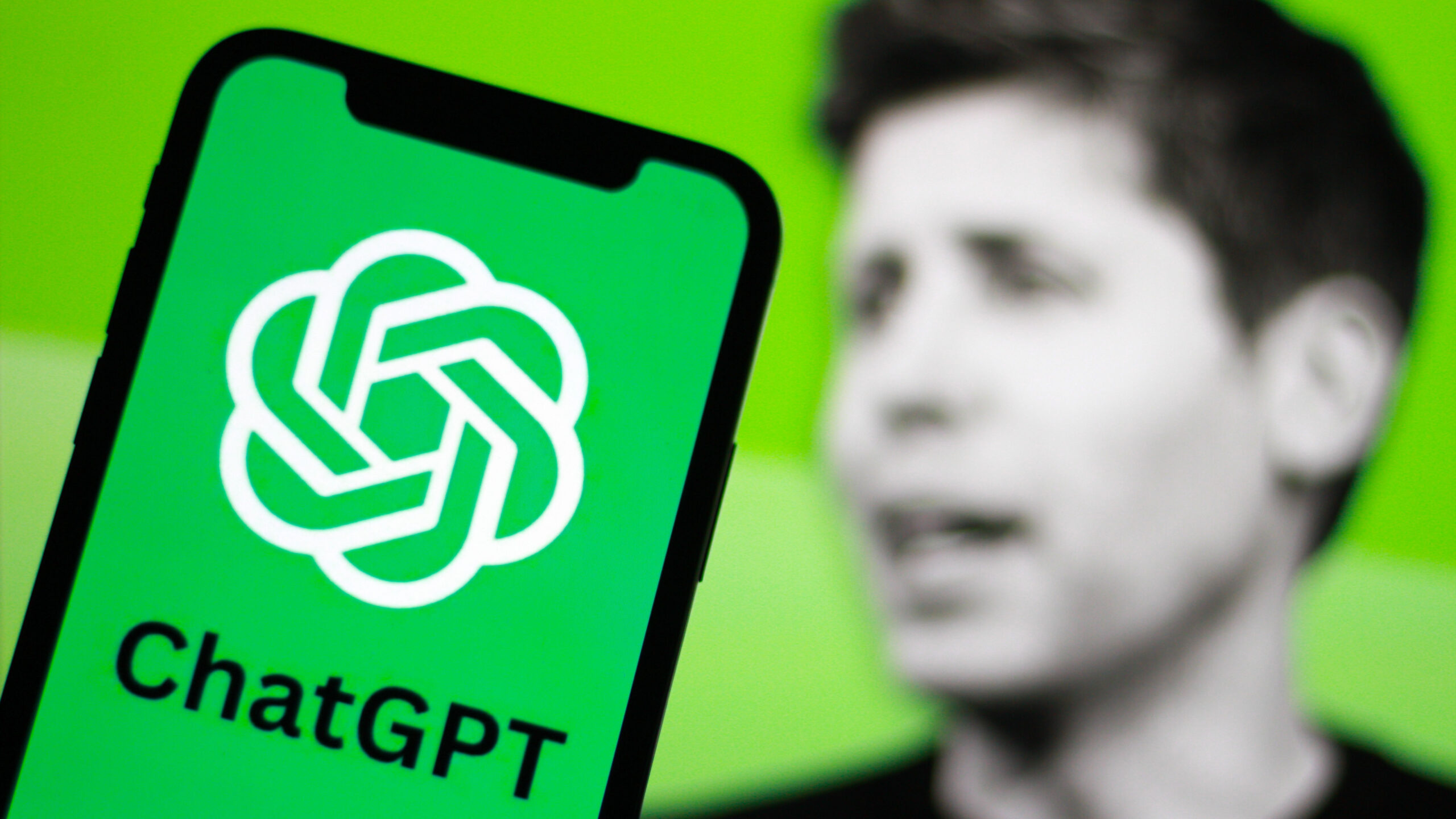ChatGPT Invests Millions in Promoting Polite Interactions, with Sam Altman Defending the Cost

The Cost of Politeness: How Saying "Please" and "Thank You" Affects AI Usage
Introduction to AI Etiquette
Do you often say "Please" or "Thank you" when interacting with AI, like ChatGPT? Recent statements from OpenAI’s CEO, Sam Altman, highlight an interesting fact: using polite language with AI could be costing the company tens of millions of dollars in electricity. This raises a thought-provoking question—should we rethink our approach to etiquette when dealing with artificial intelligence?
AI and Electricity Cost
A user on the platform X voiced curiosity about how much money OpenAI has spent due to user politeness. Altman confirmed that these expenses could be significant, saying, "Tens of millions of dollars well spent." This acknowledgment suggests an intriguing relationship between language usage and energy consumption in AI operations.
Survey Insights on AI Politeness
In a survey conducted by Future PLC, which owns TechRadar, over 1,000 individuals were queried about their AI etiquette. The results revealed that nearly 70% of respondents tend to be polite when interacting with AI. Interestingly, 12% of those surveyed admitted they were being courteous due to fears of a possible robot uprising.
The Environmental Impact of AI Interaction
As artificial intelligence tools like ChatGPT grow increasingly popular, it’s worth questioning whether users fully understand the energy implications of their interactions. Each time a user sends a message or generates a meme with AI assistance, it contributes to the carbon footprint associated with running extensive AI infrastructure. This is an essential aspect that often goes unnoticed.
Is Politeness Necessary?
When pondering whether we should continue being polite to a machine, it’s essential to weigh the benefits against the consequences. While it may come at a financial cost to companies like OpenAI, there could be advantages for users. It’s suggested that polite communication might lead to better response quality.
Adding to this, TechRadar writer Becca Caddy decided to stop using polite phrases with ChatGPT. She discovered that polite and well-structured prompts tended to yield better results. According to her insights, these types of prompts might even reduce bias in AI responses. Consequently, this could be crucial for ensuring AI reliability.
Exploring the Future of AI Communication
As artificial intelligence continues to advance, the relevance of politeness in user interactions may evolve as well. Will future AI be designed to favor users who communicate respectfully? Will language and etiquette form an integral part of AI training? These questions remain open for exploration in the upcoming landscape of AI technology.
Summary of Key Points
- Costly Etiquette: Using polite phrases like "Please" and "Thank you" can increase electricity costs significantly for AI companies.
- Politeness Trends: Surveys indicate that many users choose to be polite out of a mix of social courtesy and fear of future AI implications.
- Enhanced Responses: Being polite might not only feel right but could also lead to better and more accurate responses from AI.
- Future Considerations: As AI develops, the dynamics of user interactions may shift, potentially incorporating etiquette as a key factor.
By understanding these aspects, users can make more informed decisions about how to interact with AI and the broader consequences of their communication style.






